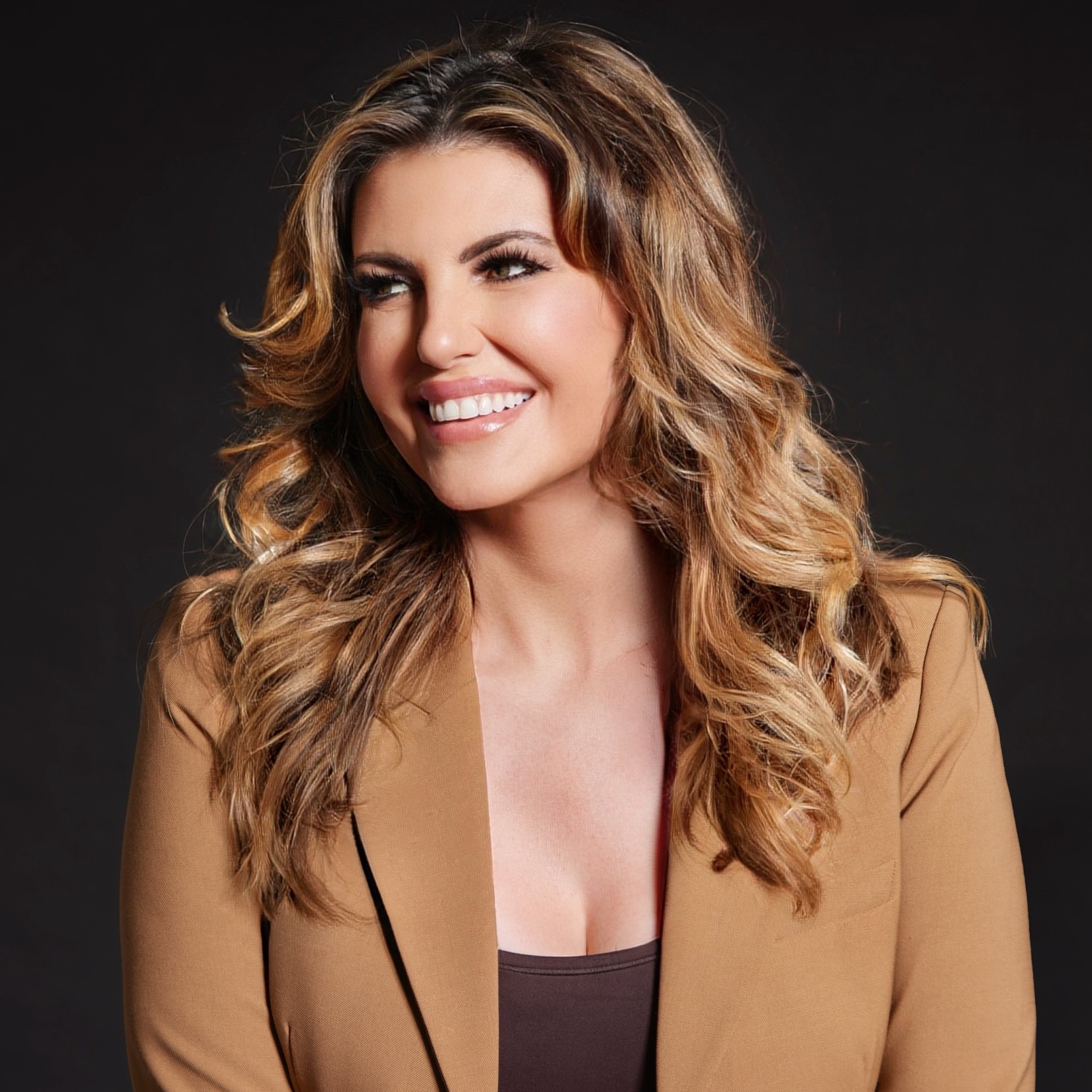
How to Love Yourself Unconditionally
February 13, 2023

Many people struggle with not loving themselves. Some can admit it, at least in the privacy of their minds, whereas others remain unaware. You are probably one who has realized that you don’t love yourself. The fact that you’re actively seeking out how to love yourself more is a great sign. You’re taking the first step to loving yourself by wanting to and learning how to. Here are the following steps you must take to start loving yourself more.
1. Discover Who You Really Are
One of the first things you should do to love yourself more is gain absolute clarity on who you are and are not. How can you truly love yourself if you don’t know the real you? Moreover, when you know who you are, you will set and keep boundaries rather than let people walk all over you and cross uncomfortable lines. Some ways to become better acquainted with yourself are to determine your top five core values and to fill out a self-discovery journal.
2. Set and Keep Boundaries
Once you know who you are, who you are not, and what your core values are, you can establish the boundaries you wish to set for yourself. Your limits should be based on your core values, the type of person you want to be, and how you refuse to be treated. For example, a boundary you may set for yourself is not to let people call you names. If you set this type of boundary, when someone calls you a bad name, you must calmly explain that you don’t like to be called names and prefer to work things out calmly.
Let them know what the consequences will be if they call you a name again. This consequence could be walking away from the conversation. Remember that how you let other people treat you is an indicator of how much you love yourself. When you set and keep boundaries, people will either begin to respect you more or disappear from your life.
3. Use Kinder Words in Your Self-Talk
Negative self-talk is a common problem in people who don’t love themselves. Even if you don’t think it’s that bad to call yourself ugly or stupid, it adversely affects your well-being and confidence. What you repeatedly tell yourself sends signals to your subconscious mind that it’s a fact. Once the subconscious programs it as a factual belief, you will genuinely believe that you are ugly, stupid, or whatever negative thing you’ve been telling yourself. This makes it much more challenging to change that deeply embedded belief and regain self-esteem.
Stop talking negatively to yourself. Every time you catch yourself using negative words, rephrase the thought in a positive way, even if it feels like a lie at the moment. It only feels like a lie because your subconscious believes it to be true. But you weren’t born with your subconscious believing that. Life experiences are what created the harmful belief. Fortunately, you can change it and see yourself in a better light.
4. Honor Your Alone Time
Next, you must get into the habit of scheduling alone time for yourself. Do things you love and enjoy your own company. You don’t always need to be with someone else to have fun. Challenge yourself to go to an art exhibit or concert solo. Enjoy a burger at a fast food joint with just your thoughts. When you get more comfortable doing things independently, you will love yourself more and gain the much-needed health benefits of having alone time.
5. Heal from Old Wounds and Let Go of Past Resentments
Another essential step in loving yourself more is to heal from old wounds and let go of past resentments. Emotional baggage can damage your confidence and self-esteem and get in the way of your self-love. When you don’t fully heal from painful events, you subconsciously bring that pain into everything you do. Every once in a while, go on a healing journey to let go of resentments and finish healing from the bad things that have happened to you. There are many different processes for doing this, so find what works for you. Some people like to see a therapist. Others like following a step-by-step guide they found online or filling out a journal for letting go of past hurts.
6. Spend Time with People Who Love and Appreciate You
Last but not least, you must spend time with people who love and appreciate you to love yourself truly. As much as you would like other people not to affect how you see yourself, it’s a fact that the people you hang around influence you. Therefore, you must make sure that the five people you spend the most time with are people who love and appreciate you. This isn’t a difficult task because you will feel loved and in a better state of mind around positive, uplifting people. In contrast, you will feel just as angsty, moody, and hateful as the negative people you surround yourself with.
Conclusion
Loving yourself is about allowing the best for yourself, including the people you hang out with, the way you talk to yourself, and the things you do for your well-being. The people you surround yourself with either hurt your self-esteem or make you feel fantastic. When others are gradually wearing down your self-esteem, you stop loving yourself.

Cory is a licensed professional counselor and board-approved supervisor in Texas with extensive experience in mental health, crisis intervention, and relationship counseling. With a background in education and a Master’s in Counseling from Southern Methodist University, she specializes in supporting individuals, couples, and families. Beyond her clinical work, Cory is a dedicated community leader, having founded the nonprofit Together Richardson, acquired Richardson Living Magazine, and served on multiple leadership boards. She is passionate about blending professional expertise with faith-based mental health initiatives through her work with Beacon of Light.
accept
We use cookies to improve your browsing experience and ensure the website functions properly. By selecting 'Accept All,' you agree to our use of cookies.
© Tmg XXXX
Brand & Website by Writefully Said
Contact our office:
The Montfort Group is a highly-trained team of professional therapists in Plano, TX providing counseling and support for individuals, couples, teens, and families.
Stay Connected
Schedule Now